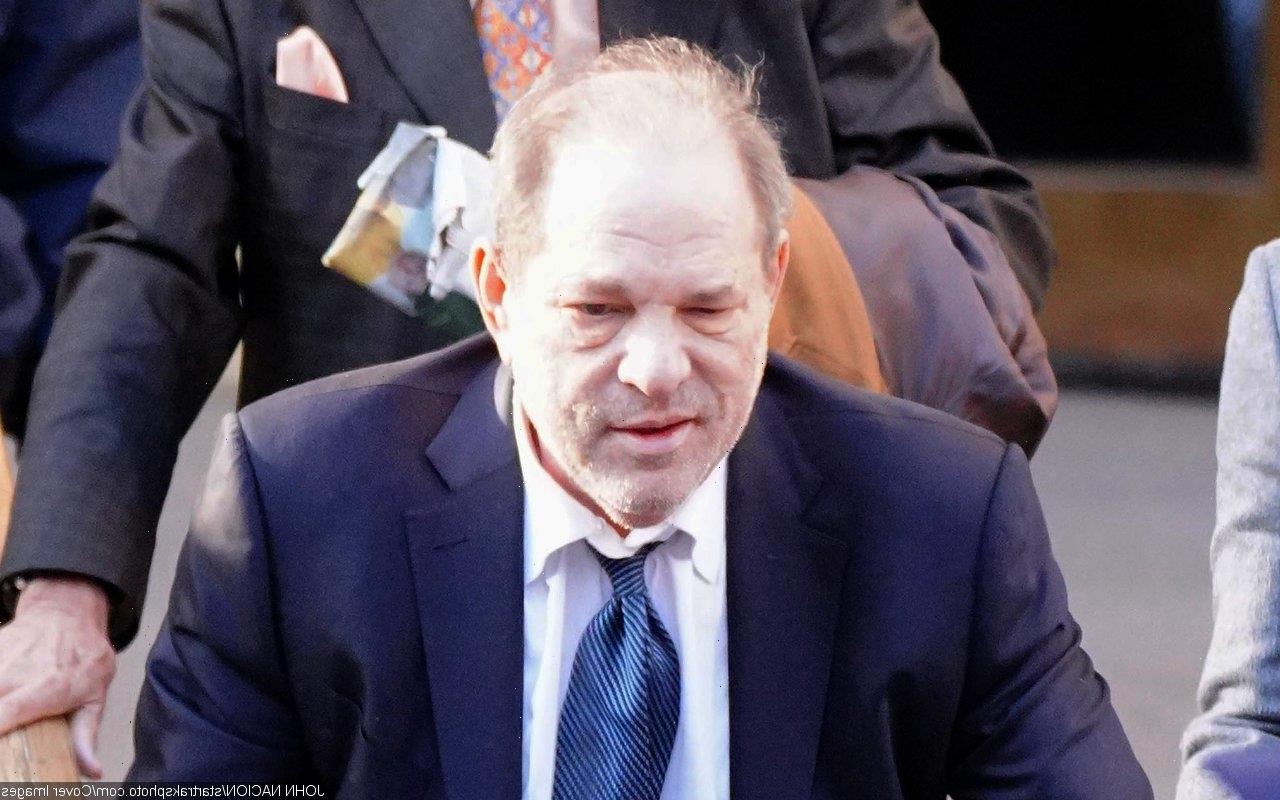The plans were spectacular: a glittering, waterfront tech-city complete with 50-storey skyscrapers, a network of underground tunnels and parking, homes for nearly 100,000 people and accommodation for 50,000 students rising out of the flat, volcanic plains of Werribee.
Today, the 775 hectares of undeveloped state-owned land straddling the Princess Freeway and Hackett’s Road is, for the most part, overgrown paddocks, still empty except for a handful of grazing sheep.
The now-shelved $31 billion Australian Education City vision.Credit:Australian Education City
Satellite images show the size of the blank canvas site. It’s the biggest patch of undeveloped state land left in all of metropolitan Melbourne, an island in an ocean of housing developments in Werribee and Point Cook, 30 kilometres west of Melbourne’s CBD.
The fate of the proposed Australian Education City in East Werribee returned to the headlines this week after a report released by the state’s corruption watchdog lambasted former Labor minister Theo Theophanous for misusing his position on the state’s planning board to secretly lobby for the $31 billion project in Melbourne’s west, dubbed a super city.
Theophanous, who was found to have organised donations from the developers to his daughter’s 2018 campaign in the seat of Northcote, rejects any suggestion by IBAC of wrongdoing.
The Andrews government canned the tender in 2019 with no explicit reasoning, but the developers maintain today that their plans for the huge swath of land were the best options for the site.
“It was the right thing to put there,” an AEC representative, who did not wish to be named, told The Age this week. “It’s devastating that it didn’t move ahead because of politics.”
The AEC consortium unsuccessfully took the state government to court over the canned deal.
The vast area takes half an hour to circumnavigate in a car and already houses the Mercy Werribee Hospital, Victoria University’s Werribee Campus, a police and justice precinct and a CSIRO food facility.
But the vast majority of the land is empty, with a portion a declared floodplain which would need remediation for any development.
The University of Melbourne has announced plans to close its vet hospital there, and there is speculation the long-running CSIRO facility will be moved to Bundoora.
“It’s demoralising every time I drive down to Geelong past the empty site,” the AEC representative says. “It just reminds me that the last hour of hell getting out of Melbourne over the West Gate Bridge onto congested roads is what people from Wyndham have to do every day.”
In 2013, the state’s planning authority completed a precinct structure plan for the former research farmland and designated that it should be used as a mixed-used area and host about 60,000 jobs.
The Victorian government opened up a tender process to developers, and in 2015 selected AEC as the preferred buyer of the site. The consortium offered the government $340 million for the land – hundreds of millions of dollars more than others were willing to pay.
Wyndham Mayor Susan McIntyre says the worst outcome would be seeing the enormous site filled with more housing developments.Credit:Justin McManus
The AEC representative is still bitter years later. He says his consortium is “$50 million in cash and $90 million in investment” down the drain after the government backtracked on the tender in 2019.
But frustration over the lack of progress on building something large-scale at the site is echoed beyond the developers.
Wyndham City Council, the fastest-growing local government area in Australia, is still pushing the Victorian government to develop the site and make good on its previous commitments to facilitate 60,000 jobs at the precinct, ideally in white-collar positions in research and development, education, health, IT and finance.
The municipality, now with 320,000 people, is forecast to reach 500,000 by 2040. Since 2019 when the super city plan was cancelled, the area has grown by 50,000 people. Much of the poor health and well-being outcomes in Melbourne’s west stem from insufficient infrastructure to match the pace of greenfield housing developments over the past two decades.
“Two-thirds of our population have to go out of the municipality to work,” Wyndham mayor Susan McIntyre said. “They’re spending at least an hour or two … in the car there and back every day. There’s between 120 and 130 babies born here every week, so that’s a school filled every four weeks. We need the local jobs for local people.”
Last year the government set aside $2.8 million in its budget “to facilitate development” on the site, but McIntye says there’s been no recommitment to the 60,000 jobs, despite a campaign before last year’s state election when Treasurer Tim Pallas re-won the seat of Werribee.
She also says things are moving too slowly. Under the original AEC plan, a university precinct would already have been up and running.
“When you’re looking at [our] growth, can you really afford to miss the opportunity?” she says.
The president of the Ratepayers of Werribee South and independent candidate for the seat of Point Cook at November’s election, Joe Garra, says locals have always suspected that the vision for the site by the consortium was “a bit pie in the sky”, but nonetheless were desperate to see quality development on the site after decades of inaction.
“It’s such a large area. Just incrementally fill it in. A bigger Werribee Mercy would be a place to start, hospitals are huge employers,” says Garra, who is also a well-known local GP.
“The worst thing would be just more housing developments.”
A spokeswoman for the Victorian government said the land, “presents a long-term strategic opportunity to create high-value jobs and support housing growth in the west between Melbourne and Geelong”.
They did not respond to questions about the government’s timeline for revisiting development on the site.
The Morning Edition newsletter is our guide to the day’s most important and interesting stories, analysis and insights. Sign up here.
Most Viewed in Politics
From our partners
Source: Read Full Article



